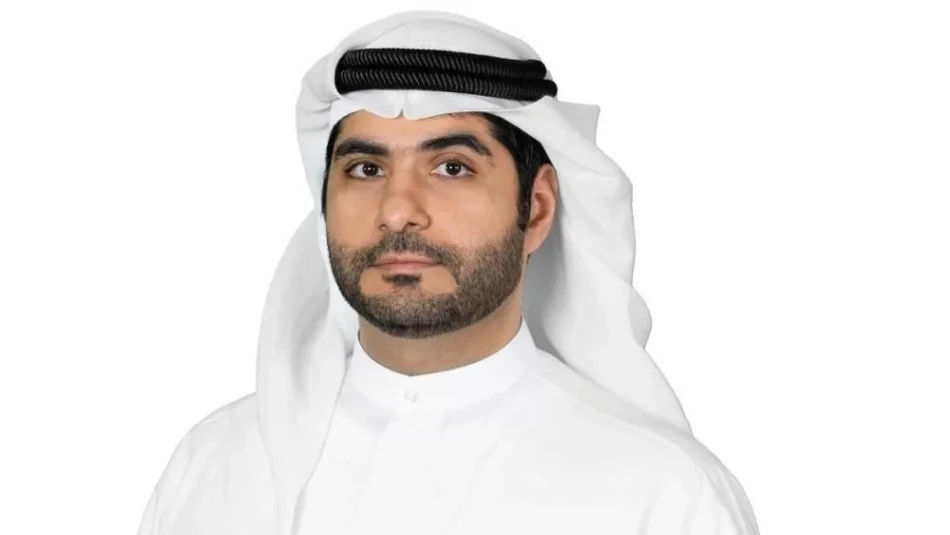
Academic Excellence and Balanced Character: The Essence of True Education, says Muhammad Al-Qasim
UAE Education Official Calls for Parent Partnership in Building Student Resilience
The UAE's Ministry of Education is emphasizing a fundamental shift in educational philosophy, with Deputy Minister Mohammed Al-Qasim highlighting that true education extends far beyond academic achievement to building adaptable, resilient students. His recent statements underscore the government's recognition that preparing students for an increasingly volatile global economy requires a partnership between schools and families focused on developing emotional intelligence and flexibility.
Beyond Test Scores: A Holistic Vision for Student Development
Al-Qasim's Instagram message reflects a broader trend in Gulf education systems moving away from purely academic metrics toward comprehensive student development. "Real education is not limited to academic achievement, but includes building a balanced personality capable of facing developments with confidence," he stated, positioning parents as "pivotal partners" in cultivating adaptability and acceptance of positive change.
This approach aligns with global educational reforms seen in Singapore and Finland, where policymakers have recognized that traditional rote learning fails to prepare students for careers that may not yet exist. The UAE's emphasis on adaptability as a "basic life skill" suggests officials understand that future workforce success will depend more on learning agility than static knowledge.
Strategic Timing Amid Regional Education Transformation
The deputy minister's comments come as Gulf nations accelerate their transition from oil-dependent economies toward knowledge-based sectors. The UAE's Vision 2071 aims to make the country the world's best nation by its centennial, requiring a workforce capable of driving innovation in artificial intelligence, renewable energy, and space technology.
Al-Qasim's focus on "patience and flexibility" as core values suggests the ministry recognizes that rapid technological change will require continuous learning and career pivots. This mirrors educational philosophies in tech hubs like Estonia and South Korea, where governments have restructured curricula to emphasize problem-solving over memorization.
Parent-School Partnership: A Competitive Advantage
The emphasis on family involvement represents a strategic recognition that educational outcomes depend heavily on home environment support. Research from OECD countries consistently shows that parental engagement correlates more strongly with student success than socioeconomic status alone.
By positioning families as "essential partners in preparing a conscious generation," the UAE appears to be adopting best practices from high-performing education systems. This collaborative approach could provide significant advantages as the nation competes with regional rivals like Saudi Arabia and Qatar for talent attraction and retention.
The ministry's integrated partnership approach with society and parents signals a mature understanding that sustainable educational reform requires cultural buy-in beyond policy changes. As regional economies increasingly compete on human capital quality, this holistic strategy may prove decisive in determining which Gulf nations successfully navigate the post-oil transition.
Most Viewed News

 Omar Rahman
Omar Rahman






